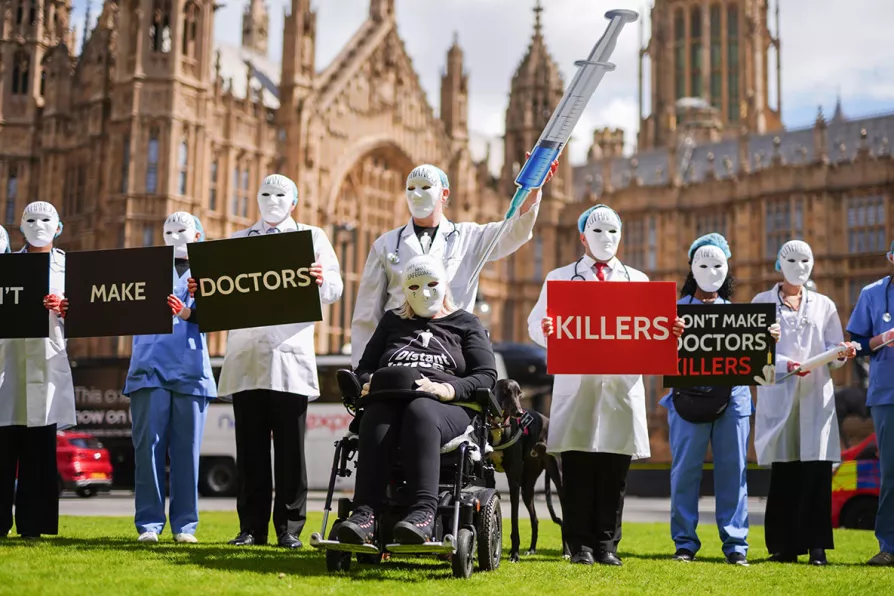A November 15 protest in Mexico – driven by a right-wing social-media operation – has been miscast as a mass uprising against President Sheinbaum. In reality, the march was small, elite-backed and part of a wider attempt to sow unrest, argues DAVID RABY

 Campaigners protest outside Parliament in Westminster, London, ahead of a debate in the House of Commons on assisted dying, April 29, 2024
Campaigners protest outside Parliament in Westminster, London, ahead of a debate in the House of Commons on assisted dying, April 29, 2024
AT 12 years old, I had the reading and writing age of an eight-year-old. Yet as a young adult, I graduated from Oxford, and had the honour of serving as a member of Parliament for Ipswich 2019-2024. So what happened?
The plight of neurodivergent people is sorely overlooked in the UK. So many are written off because of their differences or weaknesses. With the right support and a lot of hard work, weaknesses can be turned into strengths.
Dyspraxia, for example, can result in improved long-term memory. A difficulty in following instructions can develop innovative, out-of-the-box thinking. Whether it’s autism, ADHD, dyslexia or dyspraxia, having your brain wired a different way isn’t necessarily a bad thing.

Focus on equal access to assisted death rather than risks of legalisation for oppressed groups wrongheaded, MPs and campaigners say













